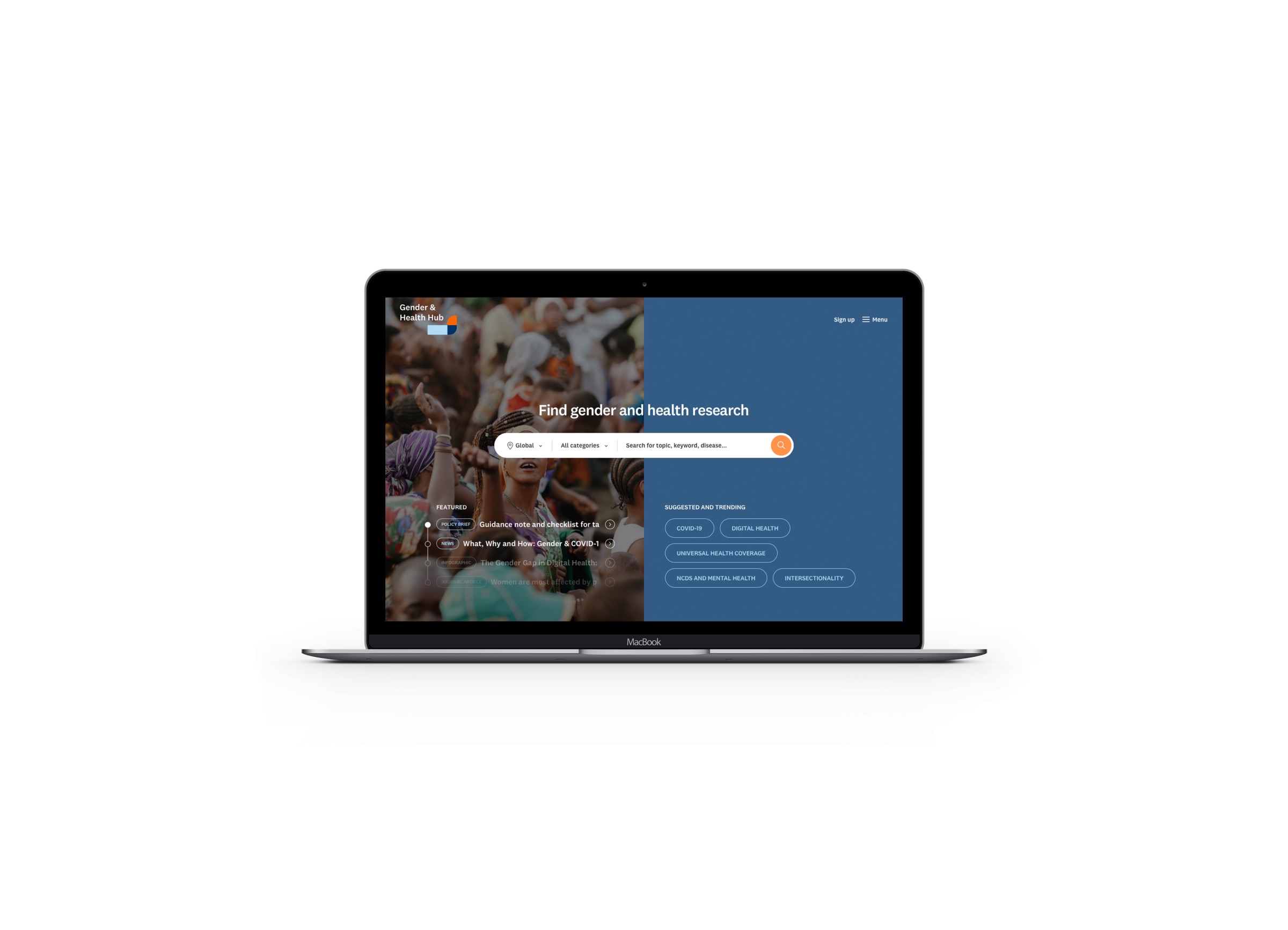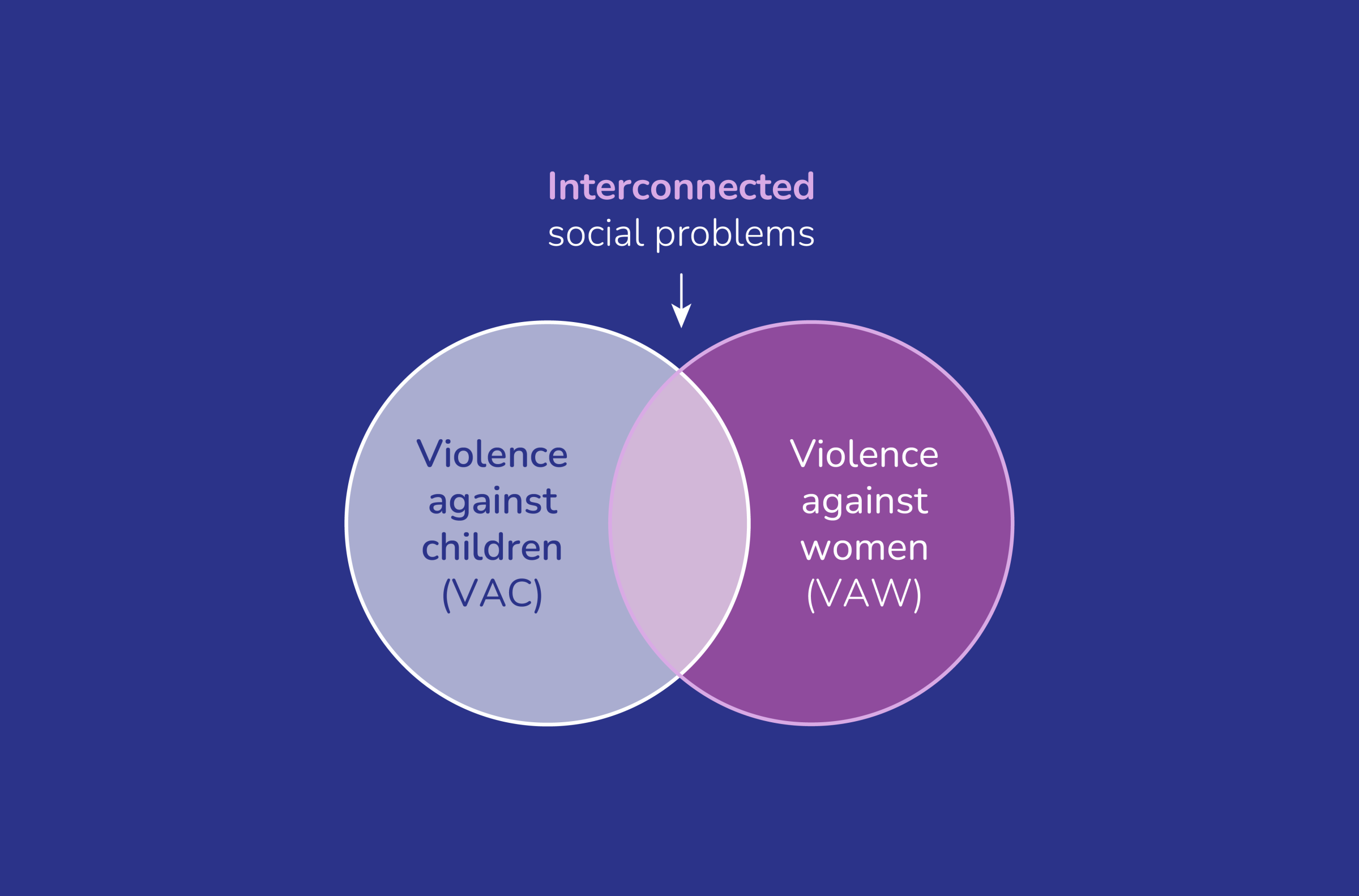Bridging the Gap: Advancing Gender Equality in Global Health


Since 2015, Equality Institute has partnered with The Asia Foundation’s Nabilan Program – a partnership between the Australian Government and the Timor-Leste Government – to build a robust evidence base on violence against women and children.
From leading the first-ever nationally representative study on violence against women (VAW) and men’s perpetration in Timor-Leste, to conducting secondary analysis on violence against children (VAC), and now returning a decade later to measure change, our research has helped shape policy, programming, and national strategies to prevent and respond to violence.
In Timor-Leste, violence against women and violence against children are both widespread, yet for many years they were treated as separate issues. Data was limited, siloed, and often lacked the scope to guide comprehensive policy and prevention. Policymakers and practitioners urgently needed a stronger evidence base to understand how violence manifests, how it changes over time, and how to design integrated responses that address root causes and interconnected harms.
This decade-long collaboration has supported Timor-Leste with a stronger evidence base on violence against women and children. The findings have shown:
And they’ve helped to provide national-level indicators for reporting on Timor-Leste’s progress towards its National Action Plan on GBV.
By returning ten years after the first Baseline, EQI and partners are not only documenting change but also strengthening accountability to ensure that violence prevention efforts in Timor-Leste are informed, evidence-driven, and impactful.
The land we live and work on always was, and always will be, Aboriginal land. We pay our respects to the Traditional Custodians of Country throughout Australia and acknowledge the ongoing leadership role of Aboriginal & Torres Strait Islander communities in preventing violence against women. We also acknowledge Traditional Custodians of the lands where EQI works around the world.
Read MoreYou have been logged out.
"*" indicates required fields